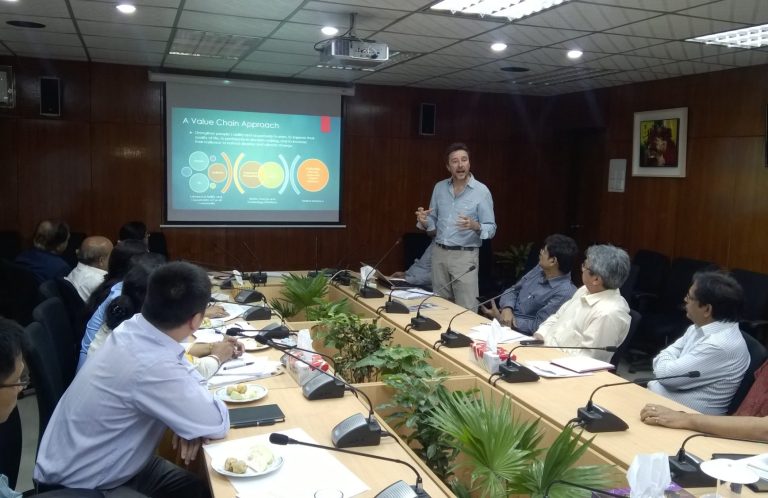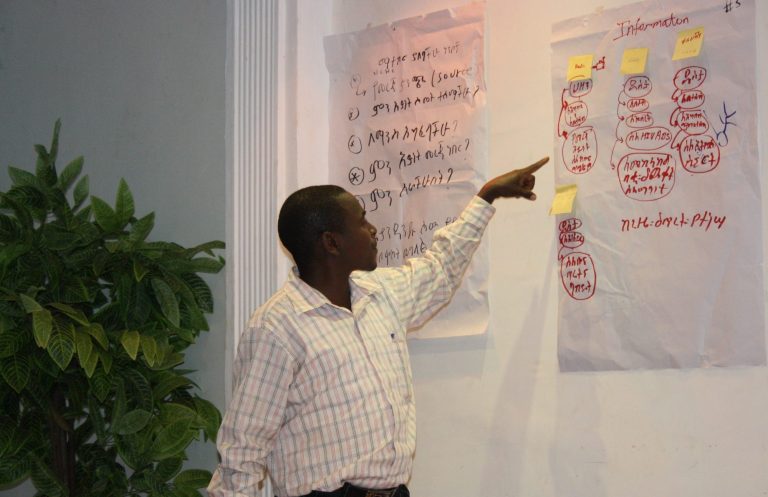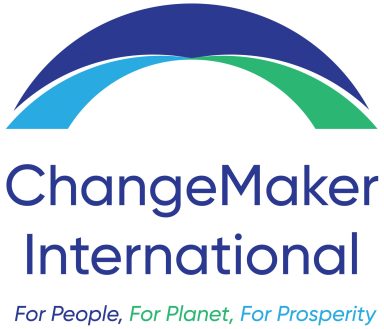Case Studies
Some examples of our capability and the value we deliver our clients

Entrepreneurship and Enterprise Incubation and Accelerator program
Tamjid designed and facilitated capacity development training and mentoring utilising hands-on and classroom lecture methods for 125 early start-up entrepreneurs. Working in the Chittagong Hill Tracts on micro enterprise development, value chain development, and product branding and marketing. The incubation and accelerator training and mentoring program was designed to address the language and culture of more than fifteen ethnic minority groups living in Bandarban, Bangladesh. #institutional_strengthening, #social_enterprise, #programme_design, #coaching_mentoring

Design of major private sector donor programs
Alwyn led the designs of several new private sector and market systems programs including the first ever multi-country market systems facility (MDF) that has delivered impressive results for over 13 years, the MDF was AusAID’s first ever foray into direct business engagement, and 3i that catalysed additional investment by over 100 small water businesses enabling over 1 million additional Cambodians sustainable access to clean drinking water. #Innovation; design; strategy; private sector development; infrastructure; market systems; business engagement. #programm_design. #market_systems_development, #social_enterprise, #innovation, #social_impact_investment

Clean Energy and Livelihoods in the Chittagong Hill Tracks
Nick and Tamjid were design lead and chief innovation manager respectively., for this ground breaking value chain approach to the utilisation of clean energy for value addition, climate adaptation and natural resource management with communities in remote. climate vulnerable areas of the Chittagong Hill Tracts. Working with The Ministry of Hill Tract Affairs, ChangeMaker Bangladesh, Gonoshrasthaya Kendra and local leaders and communities we built a consortium, finance & value chain model verified by the Ministry. #innovation; #programme_design; #creative_thinking, #market_systems_development; #renewable_energy; #agriculture; #public_private_partnership

Inclusive Refugee Education Management
At a time when UNHCR had no education capacity in their Rwanda office, Audrey was invited to lead on discussions with UNHCR Rwanda to put in place a quality primary education programme for 3,392 children in four of the refugee camps that they managed across Rwanda. The programme included recruitment and orientation of teachers, together with the provision of quality education for children from 6-16. Leveraging our great relationship with UNHCR, I also negotiated a school feeding programme with WFP in all 5 of the refugee camps. #inclusive education, #programme_design, #institutional_strengthening #education_in_emergencies, #partnership_development

Strengthening BRAC country teams to lead on resource mobilisation
In response to the demand for #localisation to be increased, and the need for BRAC's country offices to significantly source funds locally, a series of consultations were initiated between country office teams that invited candid discussions on the systems-level and policy-level factors that curbed their ability to fundraise. Using a combination of tools, including Appreciative Enquiry, SWOT and gap analysis, Audrey led the identification of policy changes needed, as well as financial and administrative initiatives needed at both country and HQ level to enable teams to successfully solicit funding from traditional and non-traditional sources. Each country team developed their resource mobilisation implementation plan with organisational buy-in. #facilitating_finance, #partnership_building, #programme_design, #systems_strengthening,
#institutional_strengthening
#coaching_mentoring

Women’s Empowerment in Agriculture index (WEAI).
Tamjid was the Team Leader tasked with developing WEAI, a significant innovation in its field that increased the understanding of the connections between women’s empowerment, food security, and agricultural growth. It measures the roles and extent of women’s engagement in the agriculture sector in five domains: (1) decisions about agricultural production, (2) access to and decision-making power over productive resources, (3) control over the use of income, (4) leadership in the community, and (5) time use. The study focused on five domains of empowerment (5DE) and the Gender Parity Index (GPI). #programme_design, #innovation, #agriculture, #livelihoods. #gender
© Copyright. All rights reserved.
We need your consent to load the translations
We use a third-party service to translate the website content that may collect data about your activity. Please review the details in the privacy policy and accept the service to view the translations.
